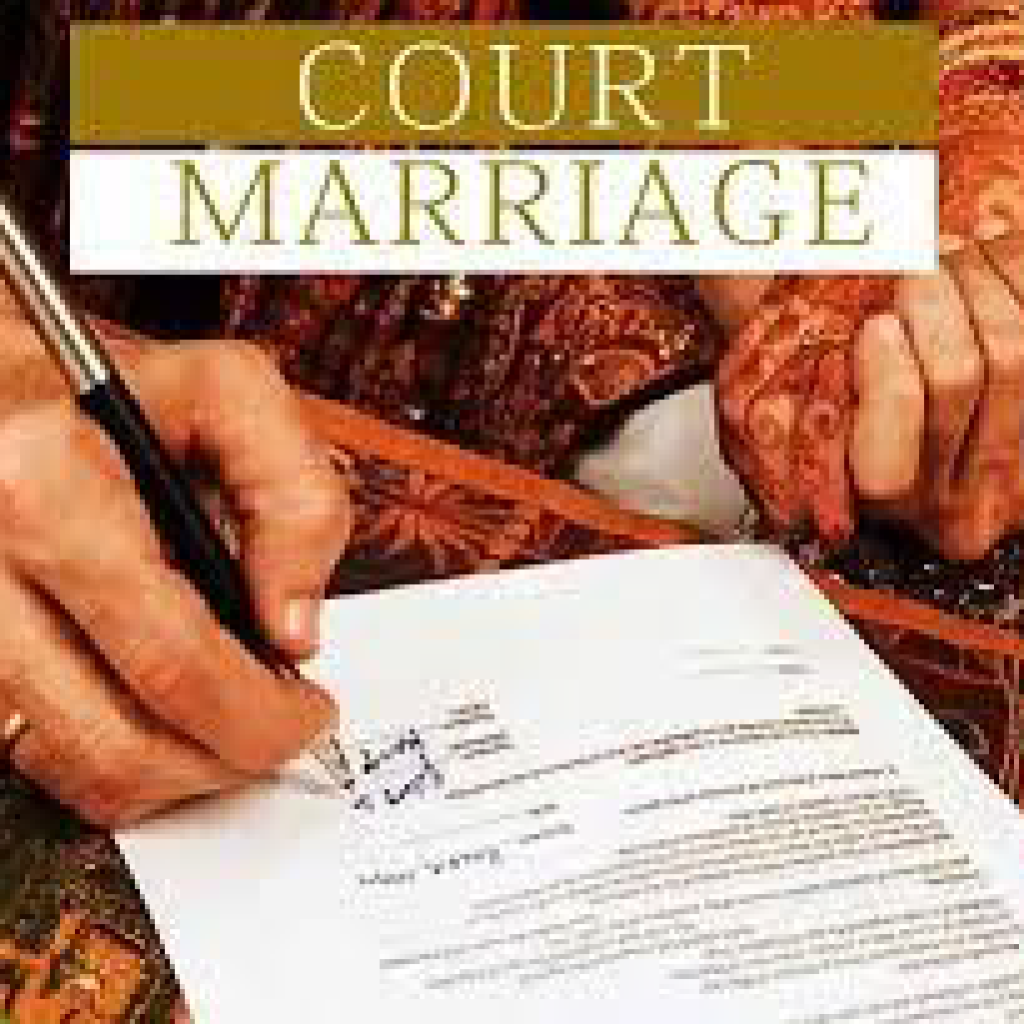1) ARE PARENTS COMPULSORY FOR REGISTER MARRIAGE? WHAT TO DO IF THE MARRIAGE OFFICER REFUSES TO REGISTER THE MARRIAGE DESPITE OF PROPER DOCUMENTS OR THEY ASK FOR BRIBE?

No, parents are not compulsory for registration of marriage. The Registered marriage is basically the court marriage or civil marriage solemnized between parties under the Special Marriage Act, 1954 by the marriage officer presents three witnesses In India, the Registration of marriage and Registered marriage are two different things. You can have your friends, relative or anyone known to you sign as a witness ABOVE THE AGE OF 18 (3 witnesses are needed). They need to produce their photos and ID proofs (their photos along with signature are put on the marriage certificate that is issued to the couple).On the decided date, the couple just needs to go in front of the Marriage Officer along with the witnesses, confirm that they are marrying by their own will, sign the marriage certificate and get it immediately. It can take a couple of hours for the entire process depending on the number of people who come on that day for registered marriage. Do research the process of registered marriage applicable in your state/city before going with the procedure.
If the Marriage officer refuses to register the marriage or asks for the bribe despite of proper documents you can seek for court marriage or complain to the district officer.
2) IS IT ILLEGAL IF MARRIED OR UNMARRIED WOMEN TO HAVE SAFE ABORTION?

The supreme Court ruled that all women are entitled to sage and legal abortion and that the distinction between married and unmarried women in this matter is unconstitutional. The Apex court said, unmarried women are also entitled to seek abortion of pregnancy in the term of 20-24 weeks arising out of a consensual relationship.
The Apex Court ruled that a woman’s marital status cannot be used to deny her right to abortion, while also ruling that unmarried women have the right to terminate an unwanted pregnancy within 24 weeks. The court said depriving single or unmarried women of the right to abort an unwanted pregnancy is a violation of fundamental rights. The Bench had reserved judgment in the case on 23rd of August, 2022.
3) WHAT ARE THE PROCEDURE TO MARRY INTER-RELIGION MARRIAGE?
Under the Special Marriage Act, 1954, two people belonging to different religion can get married without converting to another religion. The act was enacted to provide a special form of marriage for those who do not wish to follow traditional religious customs or have inter-faith marriages. This act allows couples to marry and register their marriage under the act, without requiring any religious ceremony or affiliation. The act provides a uniform code of marriage for all Indian citizens irrespective of their religion, caste, or community.
STEPS FOR INTER-RELIGIOUS MARRIAGE:
1) Giving Notice of the Marriage
2) Publication of the Notice
3) Objecting to the Marriage
4) Upholding Objection
5) Performing the Marriage
6) Getting Marriage Certificate.
DOCUMENTS REQUIRED FOR MARRIAGE REGISTRATION IN INDIA
1.Proof of Address – voter ID/ ration card/passport /driving license
2.Proof of DOB of both husband and wife
3.2 passport-size photographs
4.Separate marriage affidavits in prescribed format from both husband & wife
5.Marriage invitation card
6.Aadhar card
4) IN CASE OF LOVE MARRIAGE DO THE CHILDRENS HAVE THE RIGHTS IN THEIR
INHERITED PROPERTY ?
Yes, the children have their right to claim their inherited property. The property is distributed in accordance with provisions of the Hindu Succession Act. Children, whether it is arranged or love marriage, the children would be entitled to succeed to properties of the parent unless parents have made a Will.
In case of ancestral property, a child has a share in it by virtue of birth, while if the property is self-acquired property of father then it is distributed as per the provisions of the will or in accordance with the will of the father.
